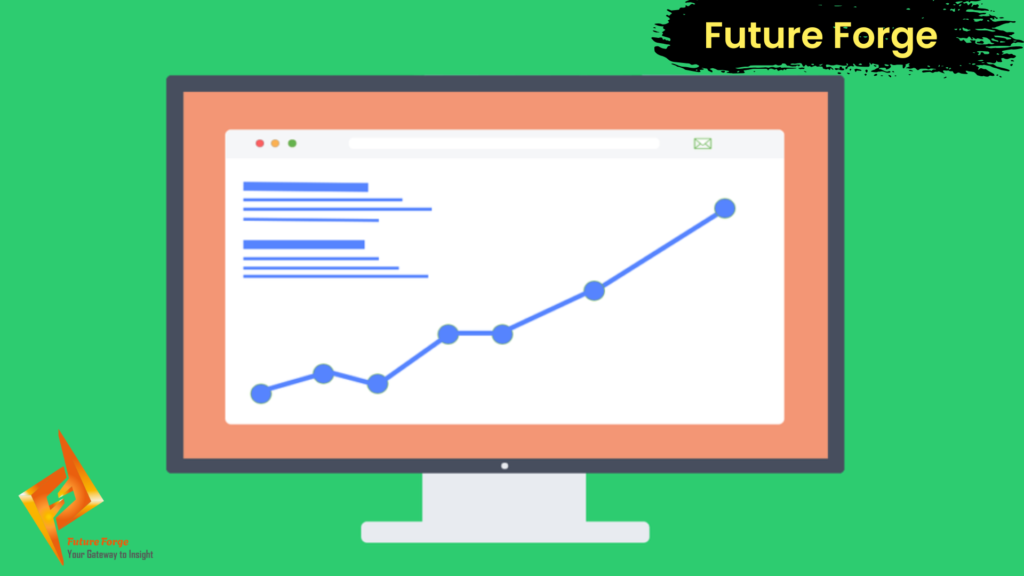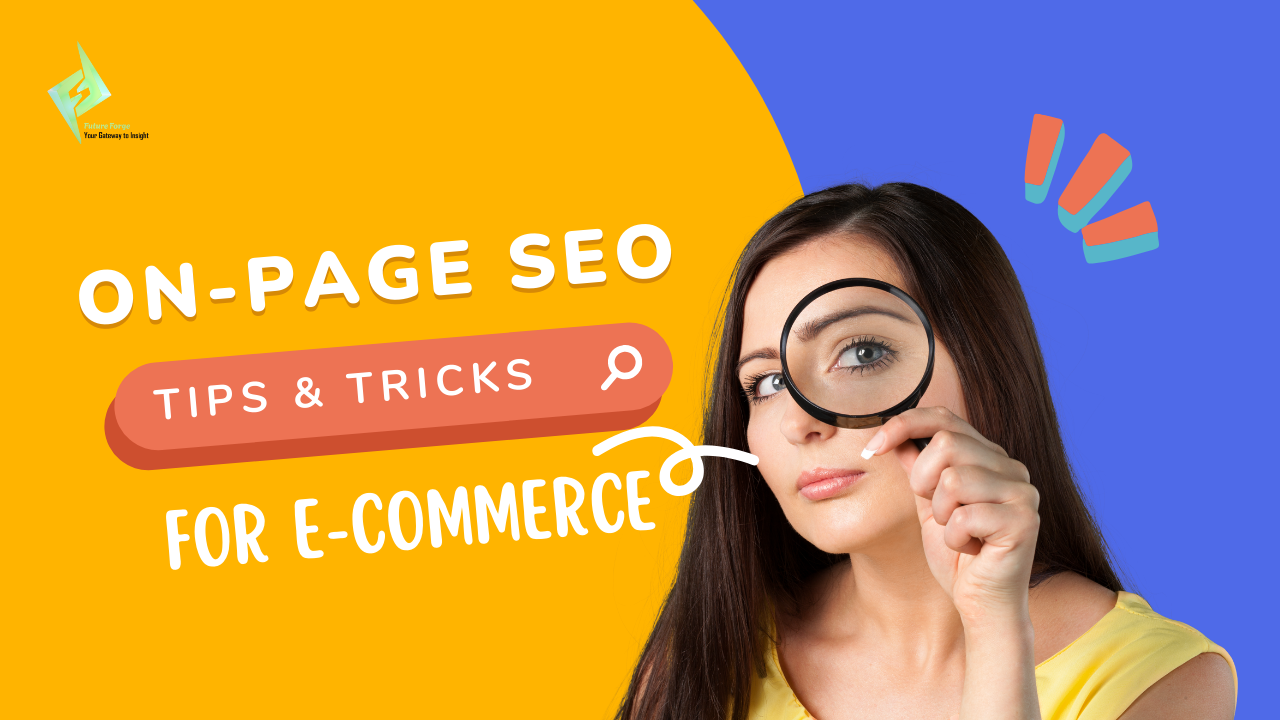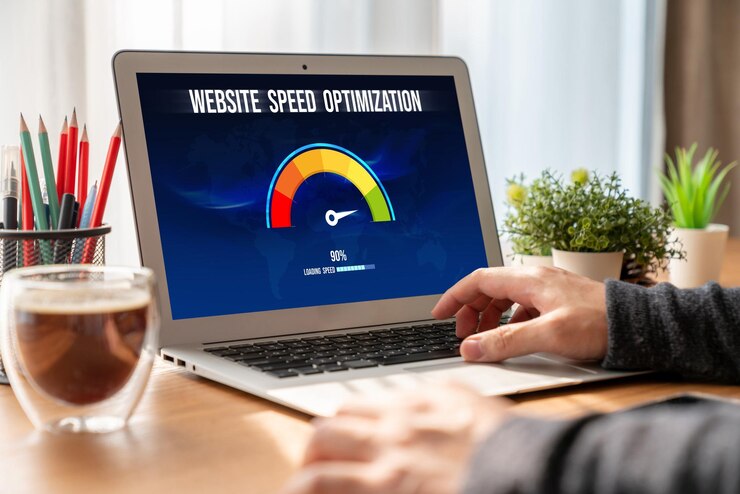When we talk about off-page SEO, also known as off-site SEO, it refers to all the activities performed outside your website to boost your ranking in search engines. Unlike on-page search engine optimization, which includes using the internal part of the website, for example, content and HTML structure, off-page optimization deals with the authority, trustworthiness, and reputation of the site in the mind of search engines and users.

What Exactly Is Off-Page SEO?
Some tricks that empower your domain to be strengthened by other sources are part of off-page SEO. These tactics indicate to search engines that your site is actual, authoritative, and thus worthy of higher ranking positions in search results. Thus, some of the common off-page SEO practices would include:
- Link Building: Extremely effective is link acquisition from credible websites.
- Brand Mentions: Online recognition, with or without a hyperlink.
- Social Media Marketing: Engaging potential customers through social media channels such as Facebook, Twitter, and Instagram.
- Guest Blogging: Get exposure and decent links by writing on third-party sites.
- Local SEO Efforts: Reviews and optimization for local citations.
So it’s like creating a powerful online presence itself for search engines to regard your site as a perfect resource for users as per requirements and not just link building.
Off-Page SEO: What It Is & Why You Need It
Why Off-Page SEO Is Important
Search engines would consider off-page SEO signals as evaluation criteria for understanding how credible or authoritative a site is. That is why off-page SEO is important:
- Improved Rankings: Websites with superior off-page optimization tend to rank better in the search engines.
- Enhanced Domain Authority: High-quality backlinks and brand mentions help build your domain authority, one of the best ranking factors.
- Increased Referral Traffic: Quality link sources bring direct traffic to your site.
- Increase Credibility: Reviews, mentions, and endorsements improve users’ reputations of your site.
- Competitive Edge: Off-page SEO can help you outperform your competitors who may only be interested in on-page efforts.
When you invest in off-page search engine optimization, you create a lasting difference in your website’s activity and get a fair amount of trust from it, both from the perspective of the search engine and that of the users.

On-Page vs. Off-Page SEO: What’s the Difference?
It must be used to understand the difference between on-page and off-page SEO for a complete optimization strategy.
What Is On-Page SEO?
On-page SEO refers to the optimization of components right within your site in order to enable users and search engines to have easy access and relevance. This includes:
- Content, headings, and meta descriptions optimization.
- Site speed enhancement and mobile responsiveness.
- Structured data and internal link usage.
What Is Off-Page SEO?
Off-page SEO refers to activities undertaken outside your own website to improve your website’s authority and reputation. Some of those are:
- Creating backlinks from reputable sources.
- Managing online reputation with reviews and social media.
- Collaborating with influencers or other industry authorities.
Key Differences
| Aspect | On-Page SEO | Off-Page SEO |
| Focus | Content, structure, and HTML tags | Authority, reputation, and links |
| Control | Directly controlled by website owner | Influenced by external actions |
| Purpose | Improve relevancy and usability | Boost trust and authority |
| Examples | Keyword optimization, internal linking | Link building, brand mentions |
Merging on-page and off-page strategies ensures that everything functions in harmony for the complete optimization of your site, thus rendering total SEO efficacy.
What Is On-Page SEO vs. Off-Page SEO?
While both on-page and off-page SEO make up the overall rankings, they focus on different ranking variables.
On-Page SEO Includes:
- Keyword Research and Target Optimization: Ensure target keywords will be put in the proper positions.
- Content Production: Publishing high-quality and engaging material.
- Technical Optimization: Improving site speed, mobile usability, and crawlability.
Off-Page SEO includes:
- Backlink Building: Making links from highly reputable websites.
- Social Proof: Online reviews and scores management.
- Influencer Outreach: Working with masters of industry to endorse your brand.
The strategies work in tandem. On-page SEO emphasizes relevance and usability; off-page SEO focuses on credibility and trustworthiness.
How Does On-Site SEO Differ from Off-Site SEO?
On-Site SEO (On-Page SEO)
On-site SEO usually involves activities executed within the website in an attempt to make the website visible to search engines, and these include the following:
- These are: writing keyword-centric content.
- Using descriptive title tags with accompanying meta descriptions.
- Improving technical aspects like sitemaps and canonical tags.
Off-Site SEO (Off-Page SEO)
These are the things that get you outside of your own site. The strategies thereby include:
- Gaining backlinks from niche-specific websites.
- Engaging clients through social networking sites.
- Public relations to create awareness for the brands.
On-site and off-site SEO will not only keep your site relevant but also ensure that it has the authority to rank high in search engines.
What Are the Benefits of Off-Page SEO?
- Most Ranking: Off-page SEO makes your website be ranked among the best in really competitive niches.
- Boosted Domain Authority: Quality backlinks give trust to search engines as far as a website is concerned.
- A Wider Reach: Various off-page strategies, including guest posting and social media, broaden your audience.
- More Credibility: A good brand mention or review will, in most cases, establish trust with prospective customers.
- Steadily Sustainable Growth: Off-page SEO sets up a base for long-term visibility and traffic.
Key Off-Page SEO Techniques
1. Backlink Building
Backlinks form the thickest roots of off-page SEO. The more so-called hyperlink authority your domain holds, the better it shall be perceived in linking and gaining links from reputed websites.
- Find opportunities for backlinks using tools like Ahrefs or SEMrush.
- Create highly valuable content that others would want to link to.
- Partner with influencers in the industry for distribution.
2. Social Media Engagement
Social media indicators are not directly involved in SEO rankings, but they are significant when it comes to creating traffic and enhancing brand awareness. Share relevant content, interact with your audience, and put some money down for better advertising visibility.
3. Guest Blogging
Publishing content on reputable websites helps you build backlinks while meeting new audiences. Concentrate on guest blogging for industry-specific sites with high domain authority.
4. Online Reviews and Brand Mentions
You’ll need to incentivize your customers to leave reviews on Google, Yelp, or other review platforms. Make sure they’ll leave reviews, as they will help your brand remain in good standing reputation—monitor mentions of the brand and respond to both positive and negative feedback.
5. Influencer Marketing
Engage with influencers relevant to your niche to promote your brand name and acquire backlinks. Influencer endorsement will create trust and receive traffic.
Why You Need Off- Page SEO
No firm will be able to better its online visibility without off-page SEO. Essentially, it provides a mile of authority and trust to your website as a complement to on-page SEO to ensure that your website ranks well against the best. Involvements focused on backlinks and social engagement, as well as brand reputation, have all helped off-page SEO to build a solid foundation for long-term success.
Actually, once your website is properly invested in both on-page and off-page SEO, it becomes truly optimized for total coverage and gives you the chance to achieve your objectives in a competitive digital landscape.









